
Qantas: Competition body nixes Qantas/Japan Airlines joint agreement to coordinate flights
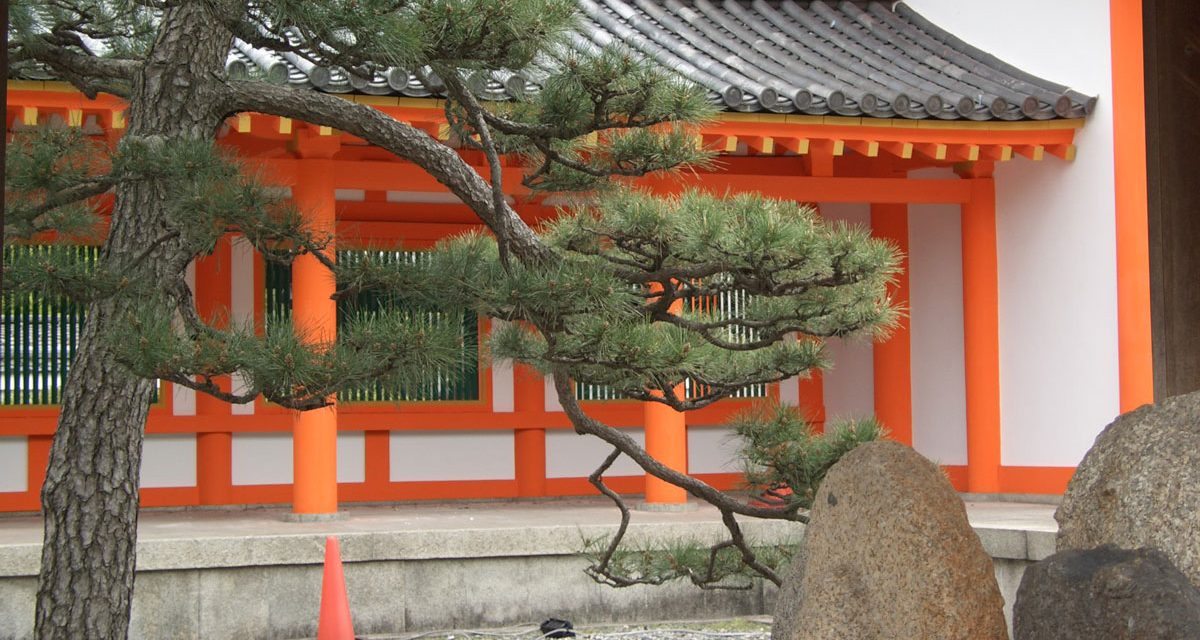
In a press release today (Monday 13 September 2021, the Australian Competition & Consumer Commission (ACCC) rejected the application from Qantas to coordinate flights with Japan Airlines between Australia and Japan under a joint business agreement. In the ACCC’s opinion, ‘the agreement would likely lead to reduced competition as international travel resumes to the detriment of passengers travelling between Australia and Japan.’
Content of this Post:
Background
Qantas (and Jetstar) with Japan Airlines applied for a 3-year joint business agreement to coordinate their passenger and cargo operations between Australia and Japan. The agreement would have covered marketing, sales, pricing, scheduling, distribution strategies, agency arrangements, yield, inventory management, frequent flyer programs, lounges, joint procurement, product and service standards and cargo. So basically everything.
ACCC’s reasoning
Before the pandemic, Qantas and Japan Airlines flew ~85 per cent of passengers between Australia and Japan. They were close competitors on Sydney-Tokyo – their largest route. They were also the only airlines on the 2nd largest – Melbourne-Tokyo.
The ACCC concluded that granting authority for the joint agreement would remove competition between the airlines and make it difficult for other airline operators to initiate similar routes between Australia and Japan. This was based partly on the submission of Virgin Australia who told the ACCC that a powerful partnership between Qantas and Japan Airlines would make it more difficult for them to compete than with each airline individually.
“The ACCC can only authorise an agreement between competitors if it is satisfied the public benefits would outweigh the harm to competition. The alliance did not pass this test.”
ACCC Chair Rod Sims
The ACCC did accept that there might be some advantages in the period immediately after international flights were re-initiated post the pandemic suspension, but for most of the term of the 3-year agreement, it would be deleterious to competition.
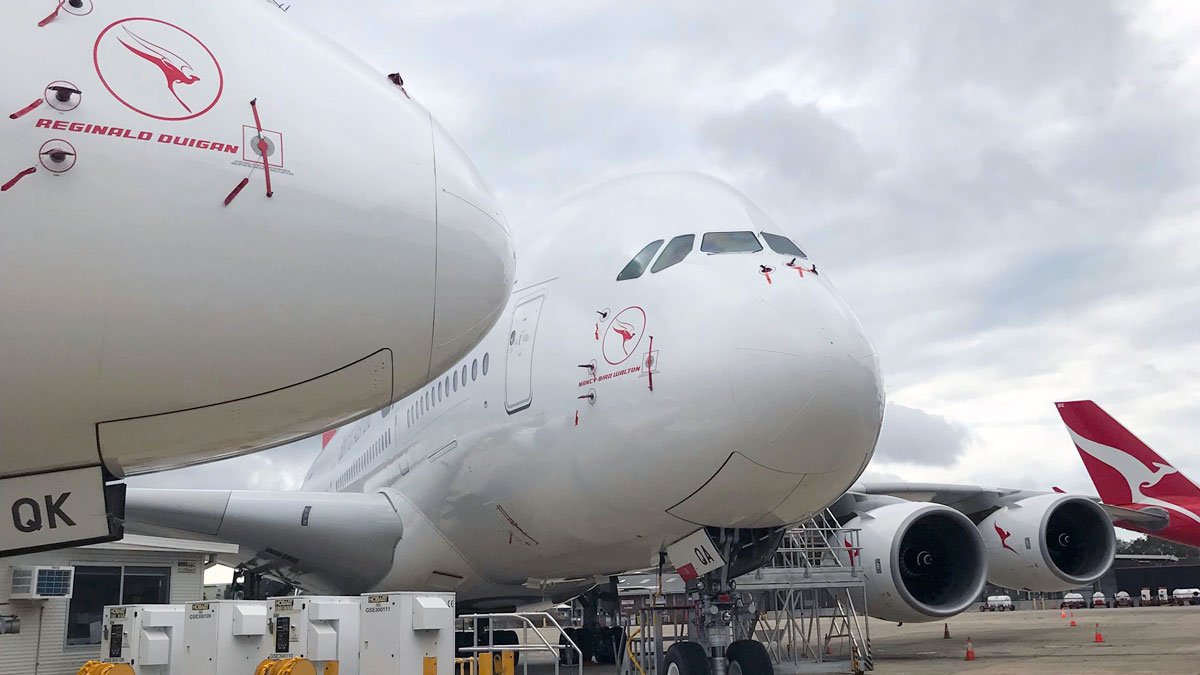
Qantas is not happy
Qantas issued a statement today regarding the ACCC ruling. They are not happy, obviously, holding a contrary opinion about the effects on competition of the joint agreement. They are particularly not happy about its effect on a planned Tokyo-Cairns route Qantas had proposed in answer to the ACCC’s preliminary decision brought down in May:
“…the timing of any such service would be best determined by commercial factors in a competitive environment. Jetstar services on this route are currently planned to start again from February 2022, without the alliance,”
ACCC Press Release
Au contraire, says Qantas.
“This is particularly unfortunate for Queensland and Cairns, which would have benefited from a direct Qantas route to Tokyo that would have seen a lot of travellers wanting a premium experience. Without being able to coordinate with JAL, and in particular to draw Japanese tourists into northern Queensland using JAL’s extensive marketing reach in Japan, the planned flights between Cairns and Tokyo are just not commercially viable for Qantas. We explained that dynamic to the ACCC at length, and we disagree with their assessment that the route is viable without the alliance.”
Qantas Domestic and International CEO Andrew David
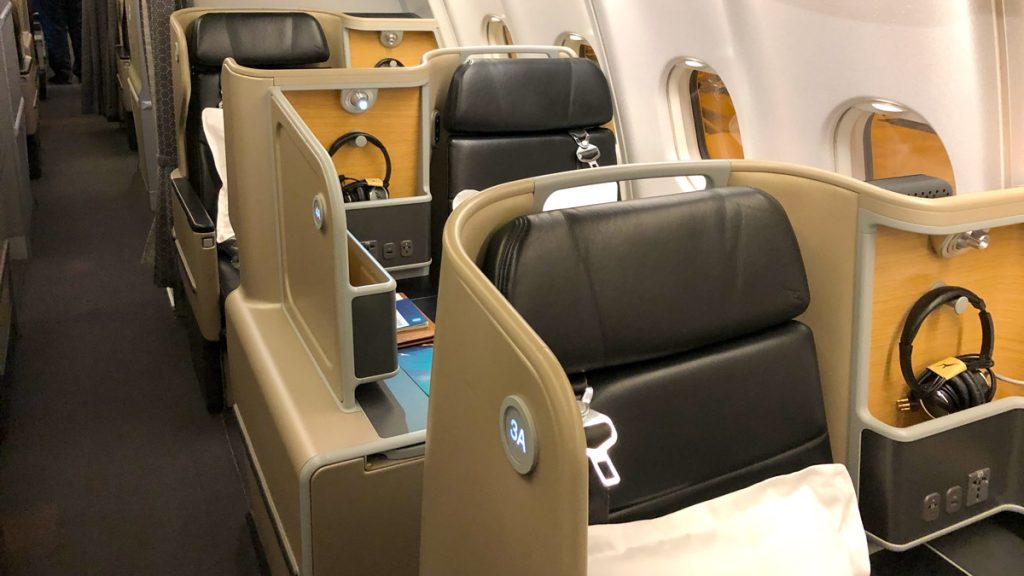
2PAXfly Takeout
This is another timely reminder to wear your seatbelt when seated. Holding you close to your seat will protect you from the sort of injuries sustained on this flight, when unsecured passengers flew to the ceiling of the aircraft, and then came crashing down once the ‘drop’ ceased.
The hope will be that this is an anomaly – a ‘freak accident’ in casual parlance. If it is a systemic error either mechanical or electronic, then this is a larger concern for the airlines that fly Boeing Dreamliner 787 aircraft. Let’s hope it isn’t. If it is, it will pile on the woes to Boeing’s existing stack.
It’s worth noting that although this application was for 3 years, Qantas and Japan Airlines were working on a 5-year co-operation agreement – so bet your frequent flyer points, they would have been applying for an extension had the authority been granted.
Rod Simms and the ACCC are no fools, especially when it comes to the airline industry. Bar reading the entire report, I trust their judgement. Oh, and I better put Japan back on my post-pandemic priority routes to fly list. That is once they get their COVID-19 outbreak under control.

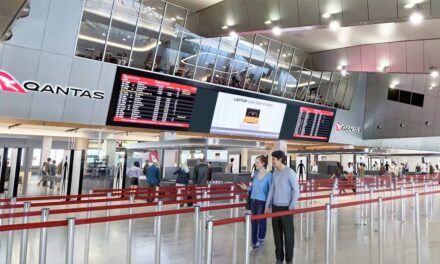
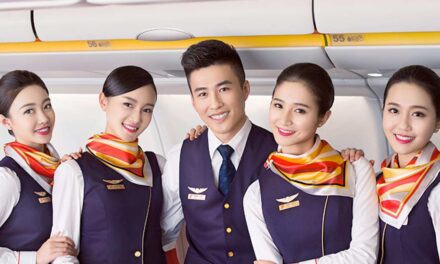


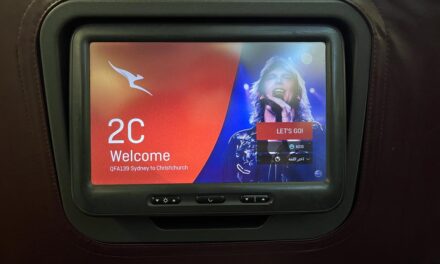
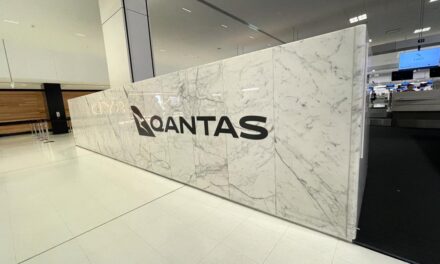

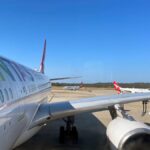

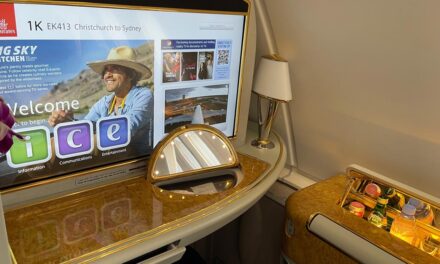
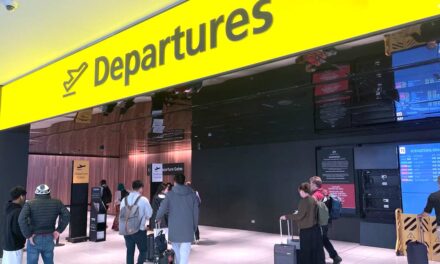






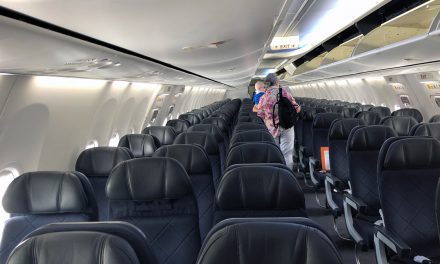

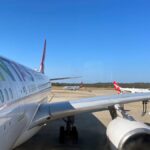

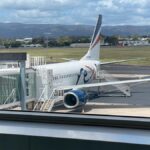












What did you say?